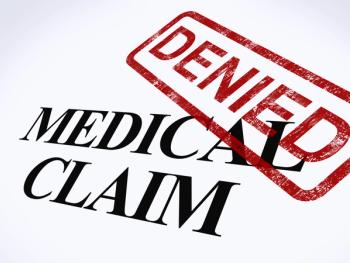
During these early days of ICD-10 payers are accepting codes that aren't quite as specific as they should be. This won't last forever.

During these early days of ICD-10 payers are accepting codes that aren't quite as specific as they should be. This won't last forever.
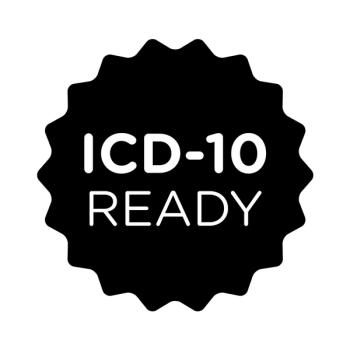
Everything seems fine on the surface with ICD-10 thus far, but is there a false sense of security?

Our coding expert discusses coding for medical necessity, TCM/home visits, using modifier 25 with the AWV, and split-bill encounters.

It's all been about successful implementation up to Oct. 1, but soon practices should focus on life after ICD-10 becomes a reality.

With the healthcare exchange open enrollment period starting Nov. 1, educating your patients about the facts is vital.
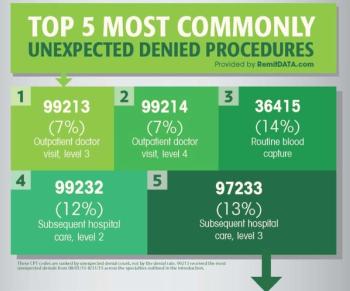
What were the top five most commonly unexpected procedures that were denied in August? RemitData laid out all the answers in this infographic.
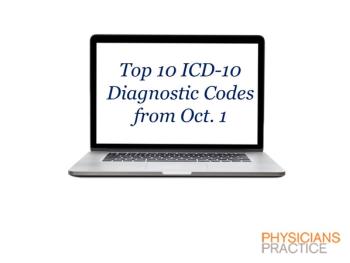
Curious about the top ICD-10 codes being used by your peers? Here's a short list provided by EHR vendor Practice Fusion.

The challenges of ICD-10 are only getting started with denial and claim error rates set to rise. Here’s one way to avoid these travails.

As patients see increases in healthcare costs, it’s up to a practice’s staff members to change payment behavior and keep collections coming.

ICD-10 is now the official language of insurance claims. Here's how to avoid translation problems and other tips to keep your head above water

Tomorrow is the big day for the ICD-10 transition. If you’re feeling overwhelmed, here are ten last-minute resources to help you out.

For small practices that feel behind on ICD-10 readiness, one potential solution would be for them to partner with a local large health system.
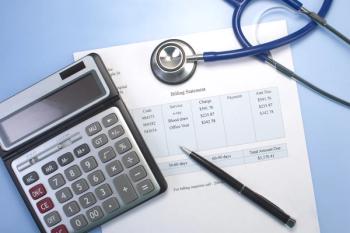
Helping patients manage multiple insurance plans with convoluted rules will improve their ultimate care, and also benefit your practice.

The upcoming coding change requires reimbursement monitoring by practices and perhaps a review of claims appeal processes as well.


Oct. 1 will be here before you know it. If you aren't ready for ICD-10, it's time to narrow your focus.

Medical billers can feel like game-show contestants when trying to collect payment from insurance companies.
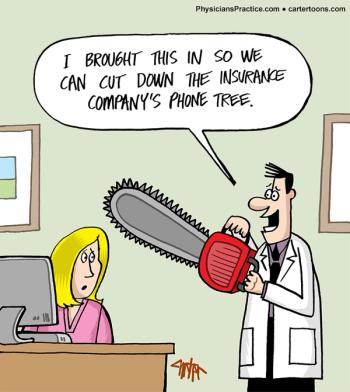
Frustrated with the way your payers' communicate with your practice? Here's a novel solution.

When choosing between modifier 52 and modifier 53, ask yourself, "Why did the provider not complete the procedure or service?"

Practices that are not ready for ICD-10 will have to deal with significant issues, so it’s time for them to seek guidance from payers and others.

Despite various changes in the healthcare industry, payer negotiations can help your medical practice prosper - if you prepare and leverage your data.

Here are some diagnoses primary-care physicians should pay attention to in order to code correctly and get properly reimbursed.

WEDI's ICD-10 readiness survey paints an ugly picture for physician practice readiness. However, one expert said the situation may not be that bad.
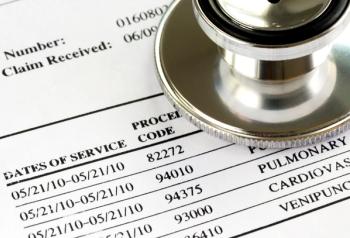
Take a quiz on CPT codes, denials, CARCs, and other medical claims information, using data from the first quarter of 2015 provided by RemitDATA.

CMS recently offered new tools for the ICD-10 transition. But some providers are still floundering.